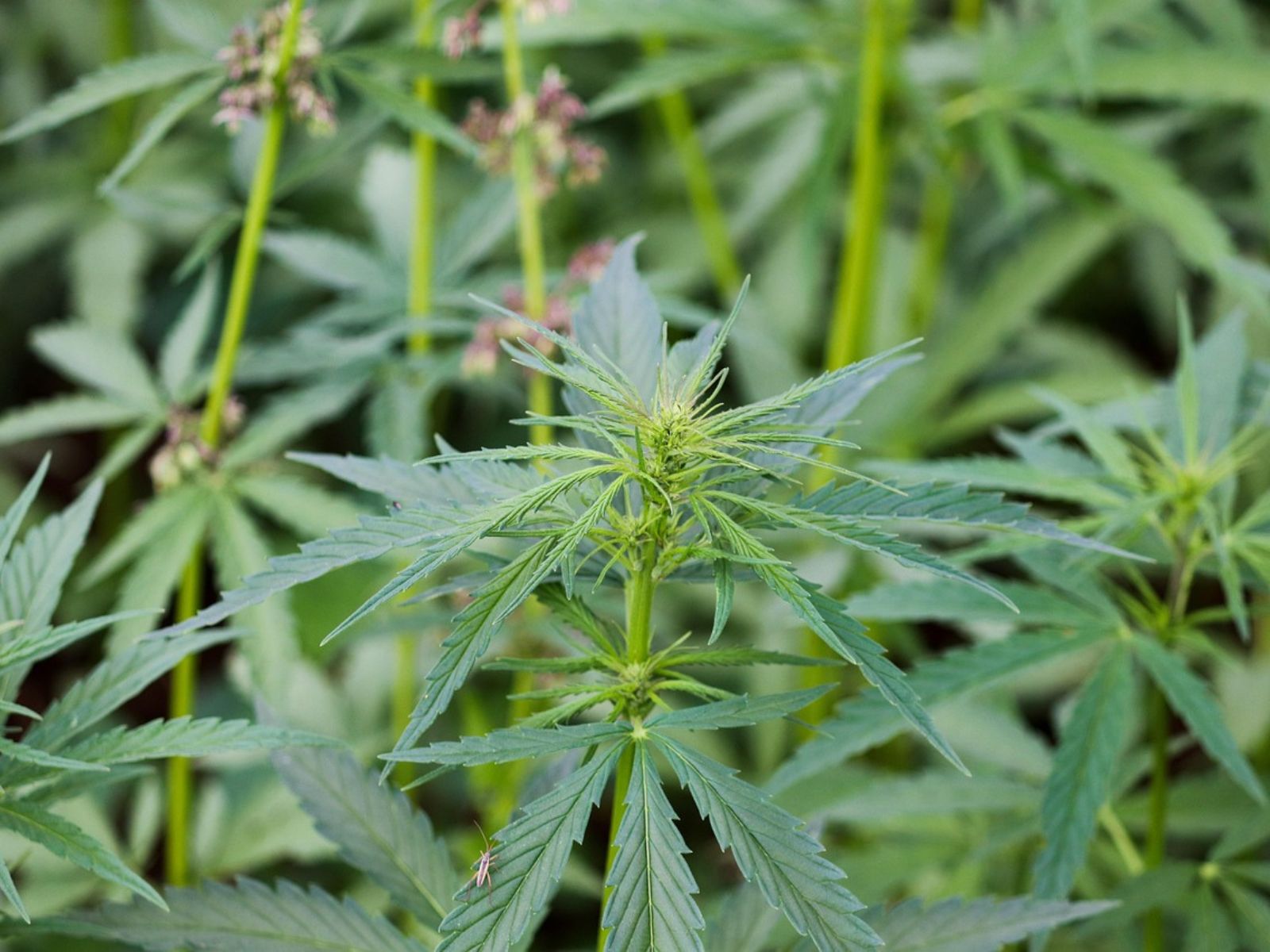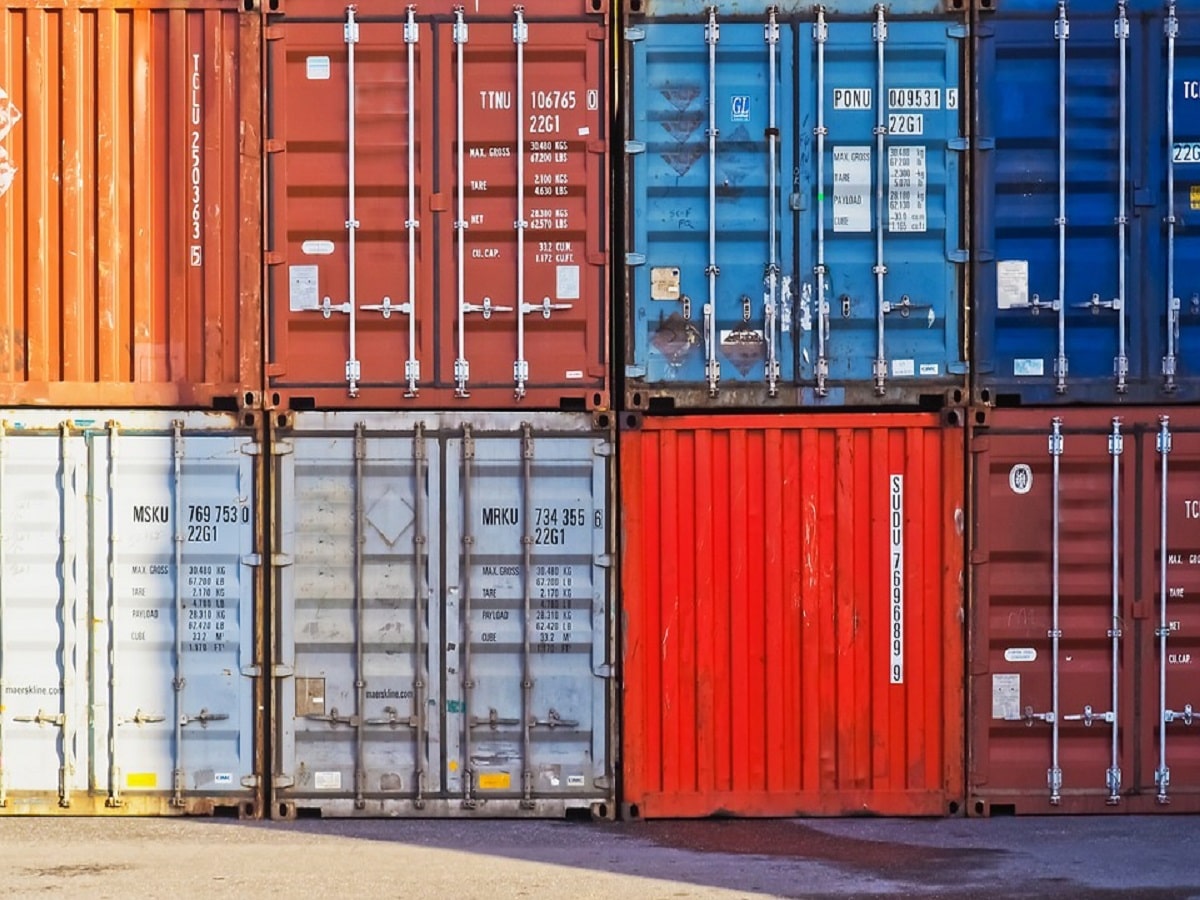
Shortages, Price Increases Are The Snapshot Of The Euro Industry During The Covid 19 Pandemic

Shortages, Price Increases Are The Snapshot Of The Euro Industry During The Covid 19 Pandemic
If there is one thing that is clear during the current Pandemic, it is this – policymakers from a national and international level have not only dropped the ball on cannabis but are contributing to patients suffering unnecessarily.
Here is just a snapshot of the pain in Europe:
In France, black market prices, the realm of the desperate in a country which has shamefully lagged on any real reform, have doubled. The reason? Border controls to contain the virus have shut down “normal” supply routes from the Netherlands, Belgium as well as Morocco. This means that patients not only risk arrest in trying to meet dealers, but in a world where paychecks for most have been shrunk if not are non-existent, many cannot afford to buy a drug whose price has skyrocketed in the last month. This situation is even leaving the police worried about what comes next. Rivalries between gangs competing for products may lead to public disorder. Lockdowns, particularly in crowded accommodations, will get much more difficult to enforce.
In Spain, most of the cannabis clubs have had to shut, due to a lack of regulatory decision making to keep them open or declare them “essential” as seen in the U.S. and Canada.
And in Germany, pro-cannabis associations, like the Branchenverband Cannabiswirtschaft (BVCW) have begun to warn not only of impending drug shortages but also the danger to patients from being forced to go to both doctor’s offices and apothekes to obtain the drug. Or worse, fall into the black market again.
BVCW has started calling for the Ministry of Health to implement telemedicine options like online doctor prescriptions and of course home delivery.
The reality of course, is that the entire industry was dealt a painful blow by the UN’s decision to delay a vote on rescheduling right before declaring a global pandemic for another 9 months.
In the meantime, the industry is being hit on all sides by a lack of regulatory guidance, bailouts, or basic legitimacy, and in a situation where cannabis patients are a subset of the most vulnerable.
That said, it is also clear that the industry is also gearing up to respond. It is unlikely, as a result, that international if not more regional and country-wide reform will be left on the table after the end of the year.
In the meantime, the industry is adapting, as it has before, to the next challenge, with the hope that it will finally see international recognition and regulation by the end of the year.
For updates on the latest regulatory changes across a now global industry, be sure to attend the International Cannabis Business Conference in Germany later this summer.
Share article


Share article
Join Our Awesome Community
Join Our Awesome Community
Join Our Awesome
Community
Get all the latest industry news
delivered to your inbox







